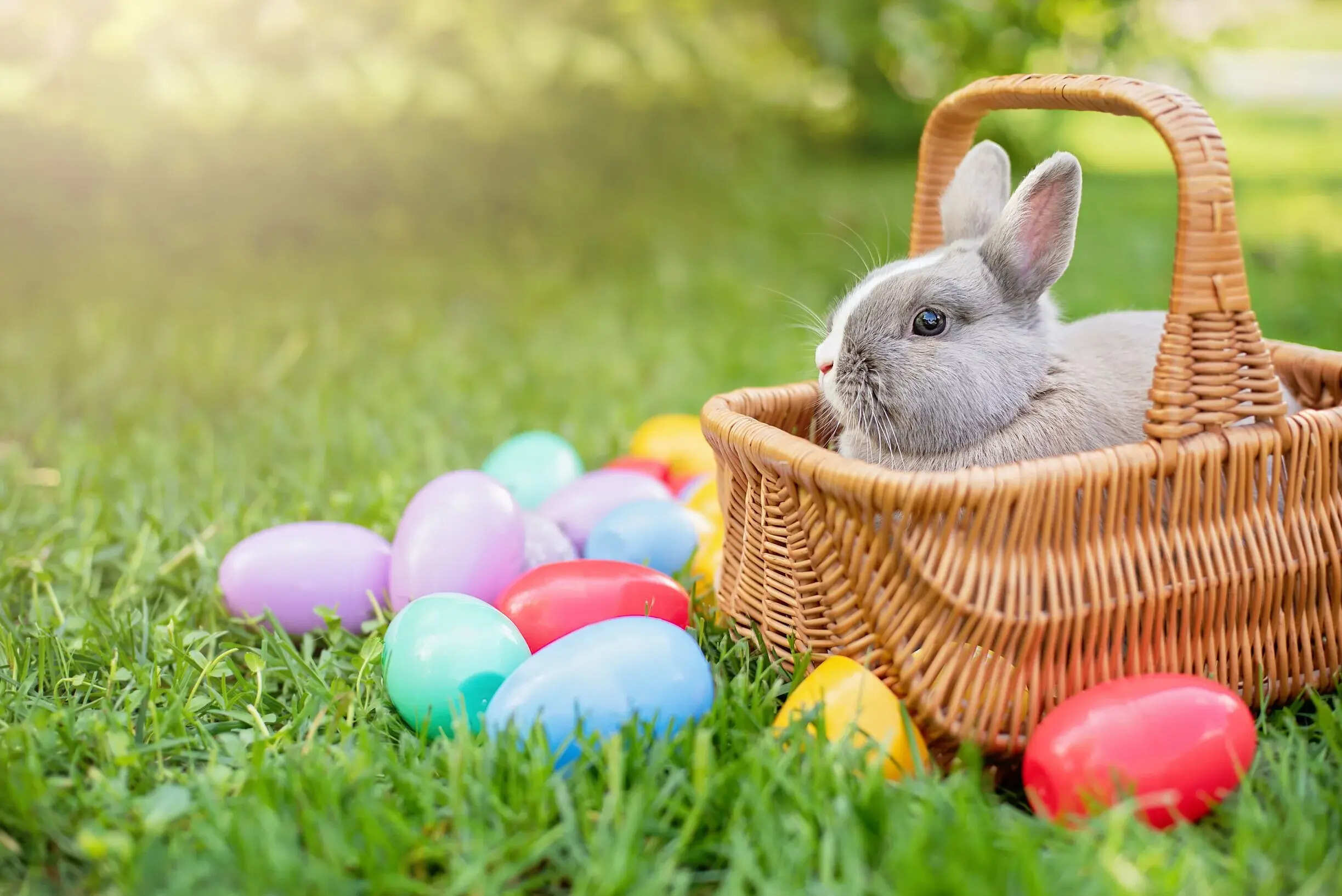
Easter, a holiday celebrated by millions worldwide, is packed with traditions, symbols, and history. But how much do you really know about Easter? From the origins of the Easter Bunny to the significance of Easter eggs, this holiday is more than just chocolate and egg hunts. Did you know that Easter is the oldest Christian holiday, even older than Christmas? Or that the date of Easter changes every year based on the lunar calendar? Let's dive into 27 fascinating facts about Easter that will surprise you and maybe even make you the trivia champion at your next family gathering. Whether you're curious about religious customs, historical tidbits, or fun traditions, you'll find something new to learn about this beloved holiday.
Origins of Easter
Easter is one of the most celebrated holidays worldwide. It has a rich history filled with fascinating traditions and customs.
- Easter's roots trace back to ancient pagan festivals celebrating spring's arrival.
- The name "Easter" likely comes from Eostre, the Anglo-Saxon goddess of spring and fertility.
- Early Christians adapted these pagan celebrations to mark Jesus Christ's resurrection.
Easter Symbols and Traditions
Many symbols and traditions associated with Easter have interesting origins and meanings.
- The Easter Bunny originated from German folklore, symbolizing fertility and new life.
- Eggs represent new beginnings and rebirth, making them a fitting symbol for Easter.
- Decorating eggs dates back to ancient Persia, where they were painted to celebrate the new year.
- The tradition of the Easter egg hunt began in the 1700s with German immigrants in America.
- Hot cross buns, marked with a cross, are traditionally eaten on Good Friday to symbolize the crucifixion.
Religious Significance
Easter holds deep religious significance for Christians around the world.
- Easter Sunday celebrates the resurrection of Jesus Christ from the dead.
- Lent, the 40-day period leading up to Easter, represents Jesus' 40 days of fasting in the desert.
- Holy Week, the week before Easter, includes significant days like Palm Sunday, Maundy Thursday, and Good Friday.
- The Easter Vigil, held on Holy Saturday night, is one of the most important services in the Christian liturgical year.
Global Celebrations
Different countries have unique ways of celebrating Easter, reflecting their cultural diversity.
- In Spain, Semana Santa (Holy Week) features elaborate processions and religious parades.
- In Sweden, children dress up as "Easter witches" and go door-to-door for treats, similar to Halloween.
- In Poland, ?migus-Dyngus (Wet Monday) involves people playfully dousing each other with water.
- In Australia, the Easter Bilby replaces the Easter Bunny to raise awareness about the endangered marsupial.
Easter Foods
Easter feasts include a variety of traditional foods that vary by region.
- Lamb is a popular Easter dish, symbolizing Jesus as the "Lamb of God."
- In Italy, Colomba di Pasqua, a dove-shaped cake, is a traditional Easter dessert.
- In Greece, Tsoureki, a sweet braided bread, is often served during Easter celebrations.
- In Russia, Paskha, a creamy dessert made from cheese, is a staple of Easter meals.
Fun Easter Facts
Easter also has some fun and quirky facts that might surprise you.
- The world's largest Easter egg, made of chocolate, weighed over 15,000 pounds.
- Americans consume over 16 million jelly beans during Easter.
- The White House Easter Egg Roll has been an annual tradition since 1878.
- Peeps, the popular marshmallow candies, were originally handmade and took 27 hours to create a single batch.
- In Norway, it's common to read or watch crime stories during Easter, a tradition known as "Påskekrim."
Modern Easter Celebrations
Easter continues to evolve with new customs and practices emerging over time.
Easter's Fascinating Tidbits
Easter isn't just about chocolate bunnies and egg hunts. It's a holiday rich in history, traditions, and unique facts. From its origins tied to pagan festivals celebrating spring to the modern-day customs, Easter has evolved significantly. Did you know that the largest chocolate Easter egg ever made weighed over 15,000 pounds? Or that in some countries, people engage in water fights as part of their celebrations?
These fun facts highlight the diverse ways people around the world celebrate Easter. Whether you're painting eggs, attending a sunrise service, or enjoying a festive meal with family, Easter offers something for everyone. So next time you bite into that chocolate bunny, remember the rich tapestry of traditions and stories that make this holiday so special. Happy Easter!
Was this page helpful?
Our commitment to delivering trustworthy and engaging content is at the heart of what we do. Each fact on our site is contributed by real users like you, bringing a wealth of diverse insights and information. To ensure the highest standards of accuracy and reliability, our dedicated editors meticulously review each submission. This process guarantees that the facts we share are not only fascinating but also credible. Trust in our commitment to quality and authenticity as you explore and learn with us.


